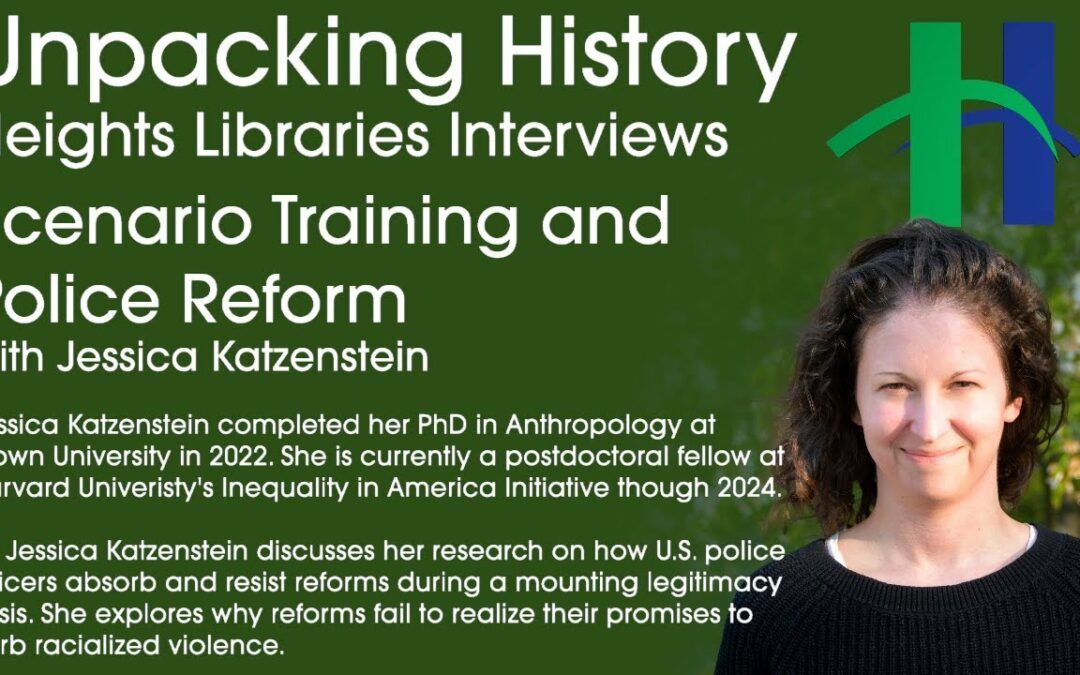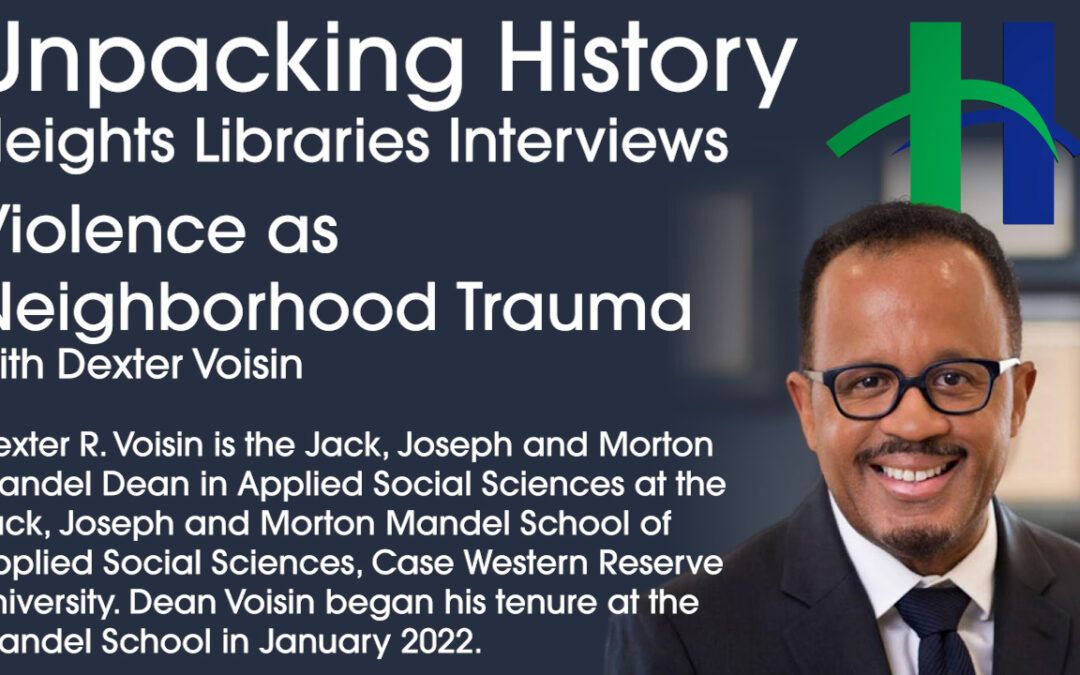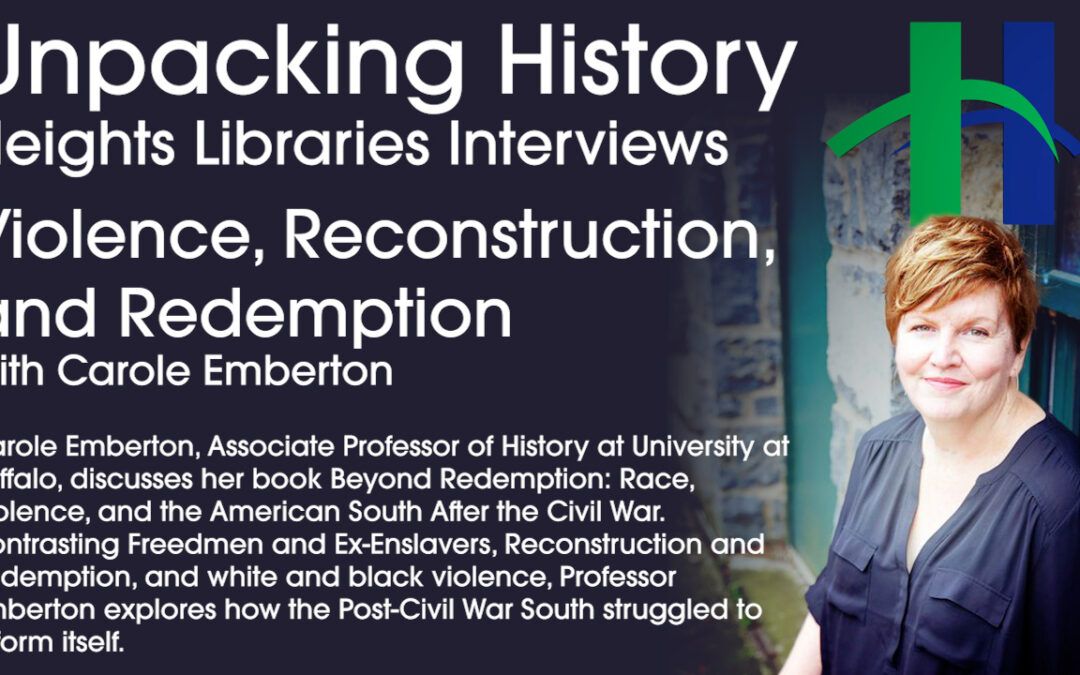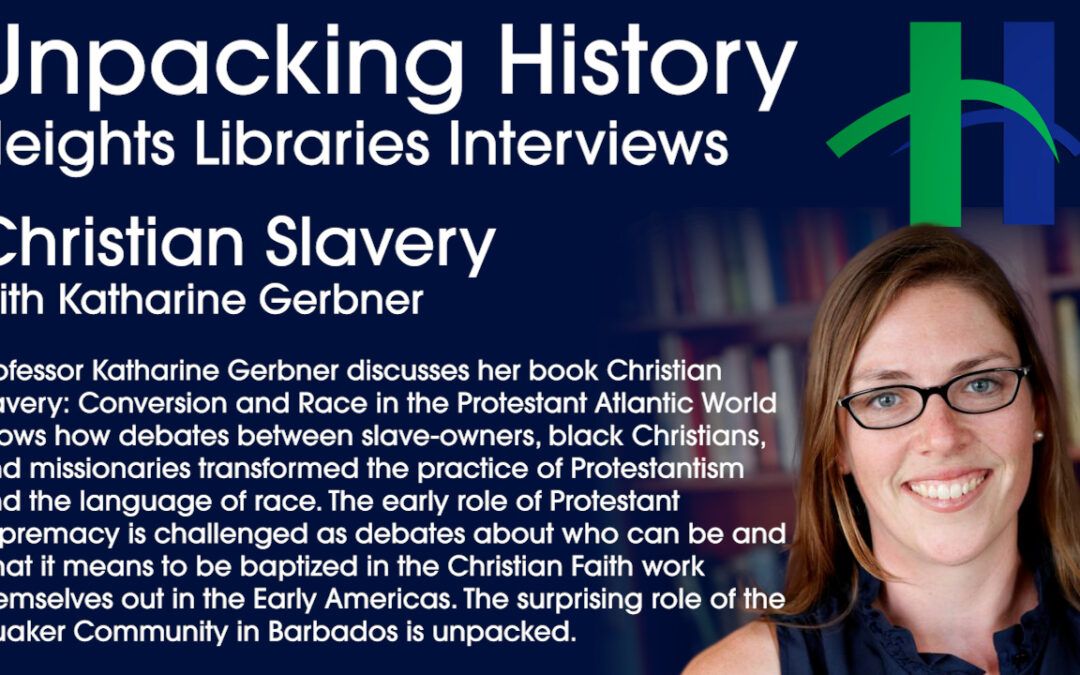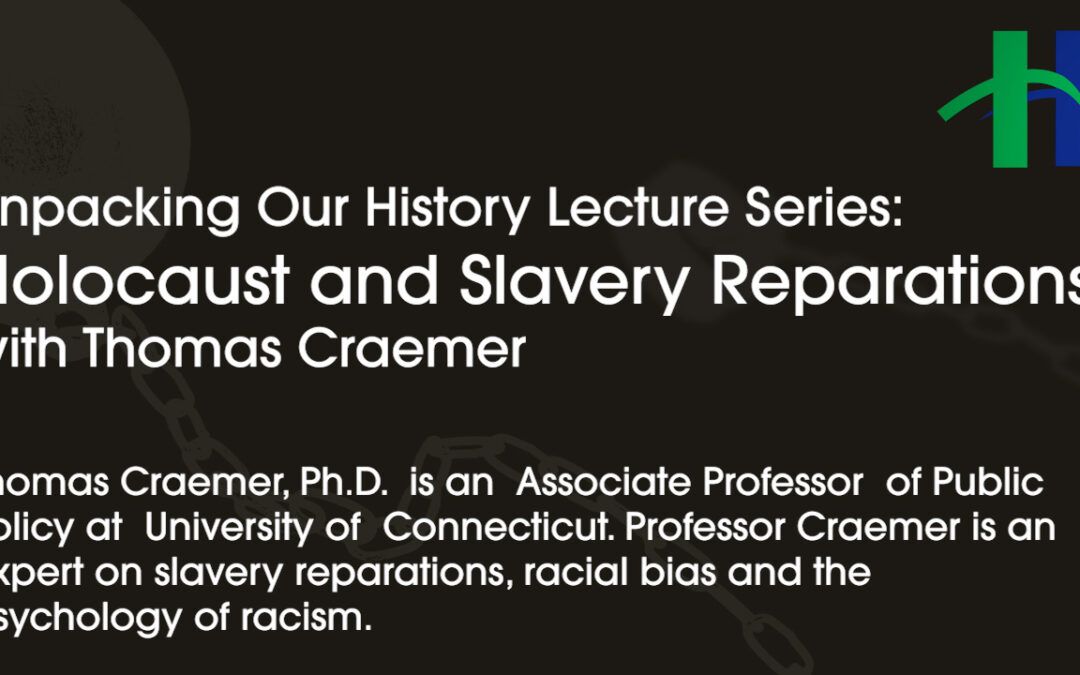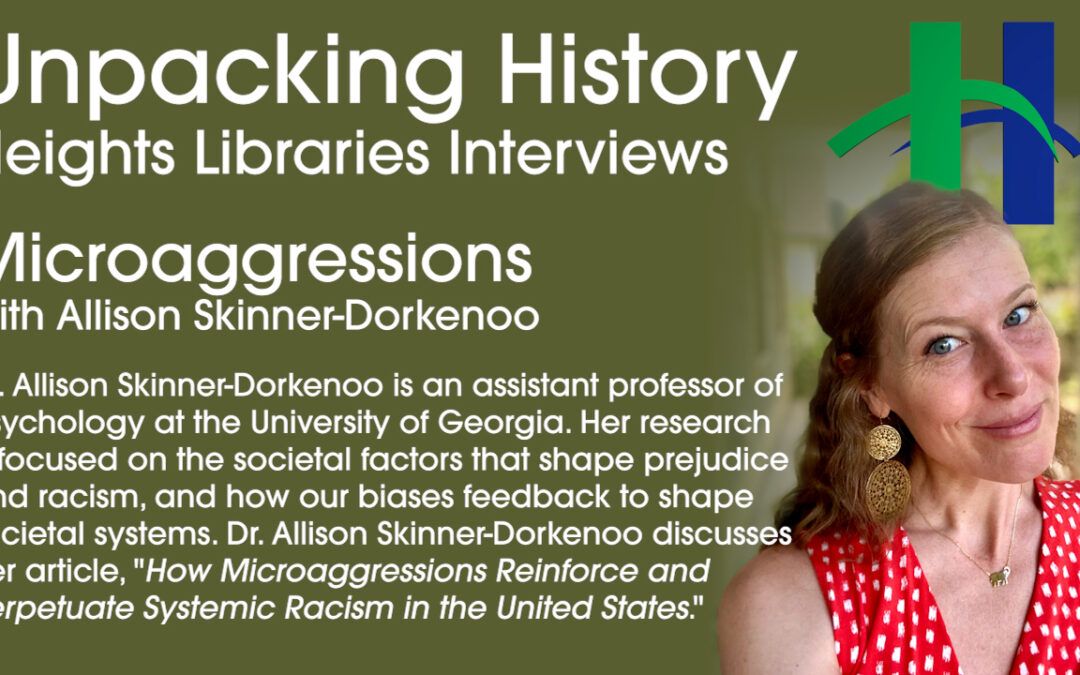Prof. Joanna Schwartz draws on her experience as a civil rights attorney and law professor to explain how Section 1 of the Klu Klux Klan Act of 1871, known as Section 1983, set the groundwork for protections for state employees, most notably police officers, when they violate a citizen’s civil rights.



